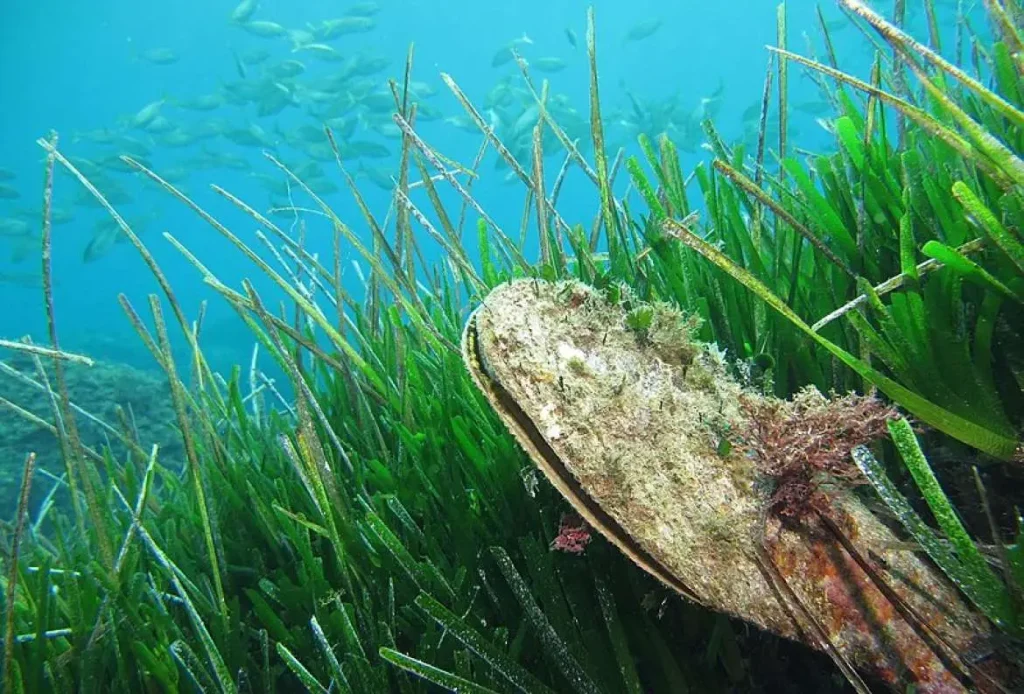As Morski writes, throughout this year, the NP Mljet National Park Public Institution is firmly continuing with the project entitled “The preservation of the noble pen shell in the southern part of the Adriatic Sea”, which is being co-financed by the Fund for Environmental Protection and Energy Efficiency of the Republic of Croatia.
In cooperation with the Sunce Association for Nature, Environment and Sustainable Development, collectors were set up in Veliko Jezero and the Lastovo Bay on Friday to catch young noble pen shells, should any of them be present within the general area. The collectors will be in the sea until November and will be a base on which perisha larvae can be caught.
Marine experts hope that there are still live adult noble pen shells located in relative proximity and which are close enough to each other for normal fertilisation to occur. Any noble pen shells which are found to be alive will be transported to the aquarium in Pula, where they will be taken care of and attempts at breeding in swimming pools will be made by those in the know.
The noble pen shell rescue project was created to repair the unfortunate situation in which we’ve seen the ongoing mass death of this strictly protected species across the Mediterranean. Back at the end of 2019, the noble pen shell was included in the Red List of critically endangered species due to a disease that affected it back in 2016 in Spain, and which by 2019, had sadly managed to spread to the Croatian Adriatic. The synergy of an aggressive parasite which causes the disease (Haplosporidium pinnae) and a type of bacteria which does the same (Mycobaterium sherrisii) has brought the noble pen shell to the very brink of extinction. Should it go over that brink, it’s believed that there will be no turning back for this Mediterranean species.
If you are swimming and happen to come across a noble pen shell in Croatian waters, you’ll be able to tell whether or not the specimen is alive by just gently passing your hand over. If it is alive, the shell will slowly close itself. In this case, do not touch it, but instead inform the Institute for Environmental Protection and Nature of the Ministry of Economy and Sustainable Development by email, explaining as best you can the shell’s location: [email protected].
For more, check out our dedicated lifestyle section.








